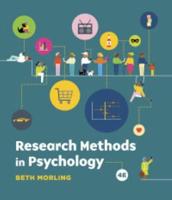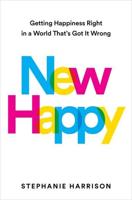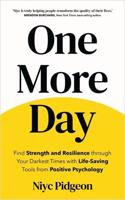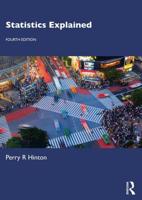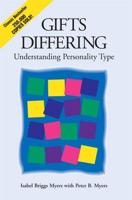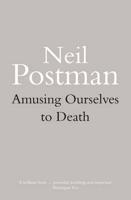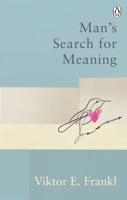Publisher's Synopsis
Bachelor Thesis from the year 2019 in the subject Psychology - Miscellaneous, grade: 68%, Edinburgh Napier University, language: English, abstract: Old-age is a time associated with major transitions which can have profound effects on elderly well-being. Research points towards the idea that distinct inter-individual differences exist, like attachment style, which significantly impact adjustment to ageing. The imperative role of these variables paved way for this research as a significant literature gap was revealed. The focus of this study seeks to investigate how widowed elderly male and female experiences of age-related changes such as loss, illness and vulnerability differ in relation to attachment style and social support. Encompassing loss, gender, social support and attachment as a collection of variables which may significantly impact upon well-being, these were translated into research questions to guide analysis. The sample consisted of participants (n=5) aged 65-80 who were widowed within the last five years. Semi-structured interviews explored the experiences of ageing, while quantitative research measured participant's attachment style and social network score on the Relationship Questionnaire (Bartholomew and Horowitz, 1991) and Lubben Social Network-6 Scale (Lubben, 1988). Interviews were transcribed and analysed using Interpretive Phenomenological Analysis (IPA), from the perspective of Baltes and Baltes (1990) SOC-model to determine its potential in successful ageing. This stemmed the emergence of three master themes which encompassed ageing as a drastic transformation, spurring a newfound freedom while entailing loneliness, motivational declines and heightened vulnerabilities. Notable, was the collective dislike of feeling like a 'burden'. Participant's performance on attachment and social measures analysed against emergent themes, served as support for the regulating role of social ties and secure-attachment on well-being and satisfaction. T

